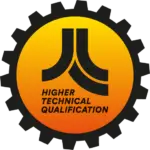

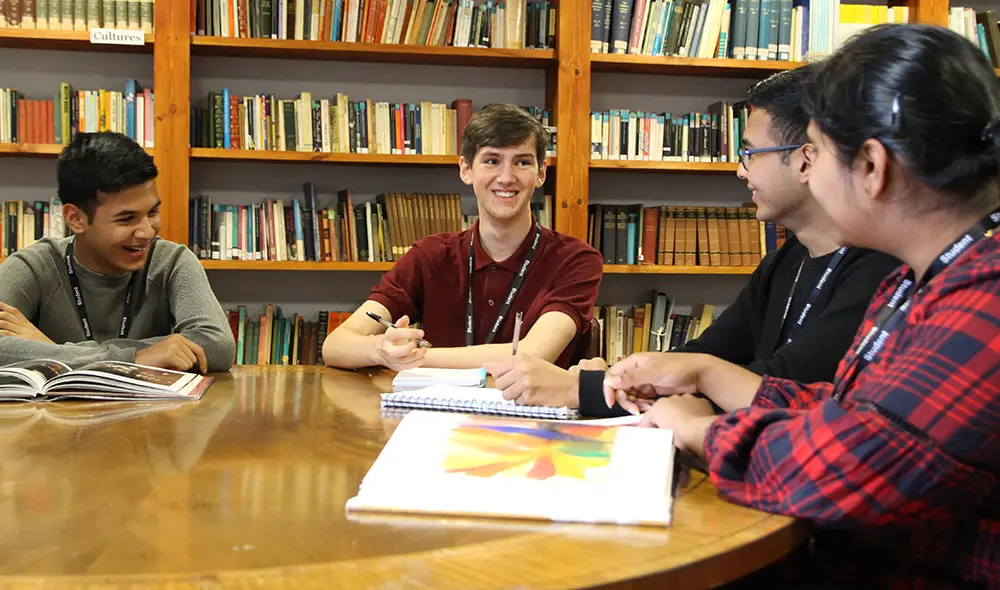

Knowledge of Maths is fundamental to many areas of higher education and is a national shortage subject. Mathematics complements studies in many areas such as the sciences, finance, economics and business, computer studies or engineering.
As Maths is now linear there will be three exam papers each 2 hours long at the end of Year 2. The core of the subject is Pure Maths. This takes the basic Maths topics of number, algebra, graphs and trigonometry and extends them to form the key ‘tool kit’ upon which all Maths is based. This includes Calculus, the Mathematics of growth and change, which has many applications in all aspects of the subject.
In addition to Pure Maths you will study Statistics and Mechanics which makes up paper 3. Statistics looks at the Mathematics of data or information and extends many ideas such as averages, standard deviation and probability. Mechanics is the study of forces and the movement of objects and has many applications in the sciences, particularly physics and engineering.
Why study Maths?
Mathematics is a fascinating and
rewarding area of study and students work in an atmosphere that is both
challenging and supportive. Members of the Maths team use a variety of teaching
strategies including ILT to ensure that the experience of students is both
satisfying and rewarding. In addition there is an extensive support programme
designed to provide extended opportunities for successful and timely help for
those who need it. Knowledge of maths is fundamental to many areas of higher
education and is a national shortage subject.
Mathematics complements studies in many areas such as the sciences, finance, economics and business, computer studies or engineering. In virtually all areas of the science industry and commerce Mathematics plays a key role. Examples include hospitals, city councils, high technology and manufacturing to name a few. In fact it is in pretty much any area you can think of.
What else can you do on the course?
We try to make your
learning as relevant as possible by including visits to exhibitions and
employers where you can see the real-world application of your
subject.
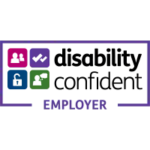
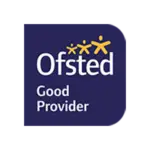
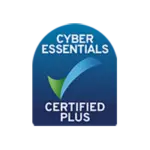
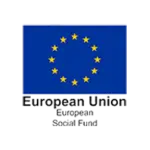

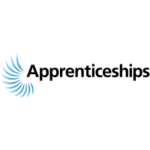
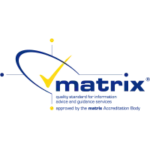
01270 654638
01244 656455
When exploring the courses we have available, you may see a fee attached but you’re more than likely to be eligible for a fully-funded enrolment!
Take a look and get in touch with admissions@ccsw.ac.uk if you’d like anymore information.